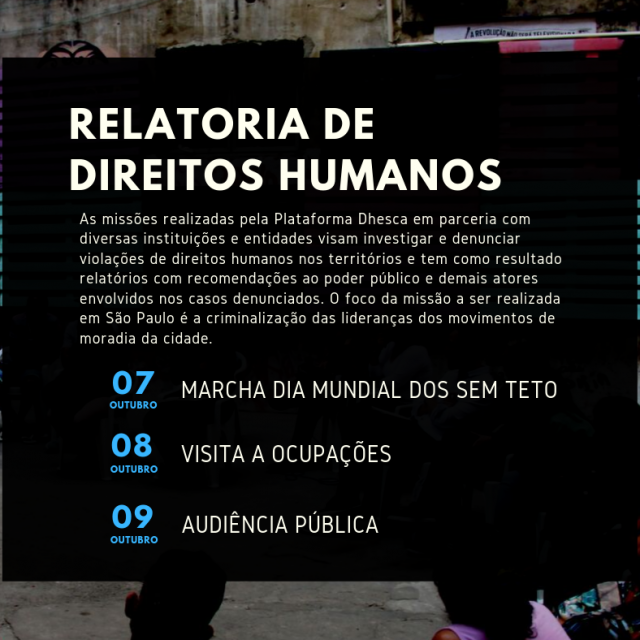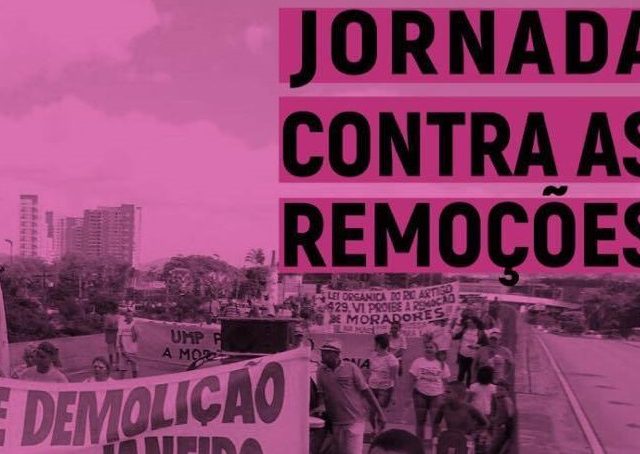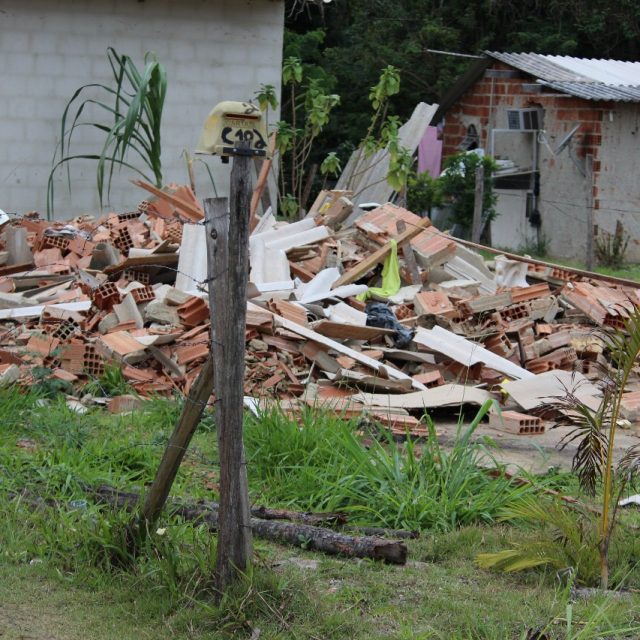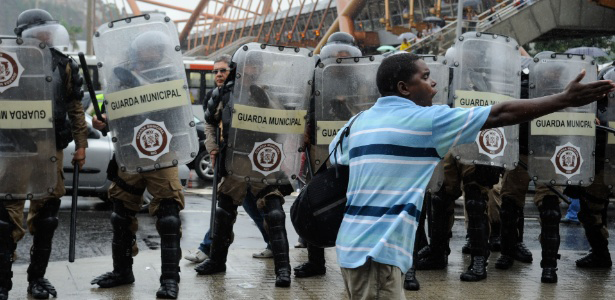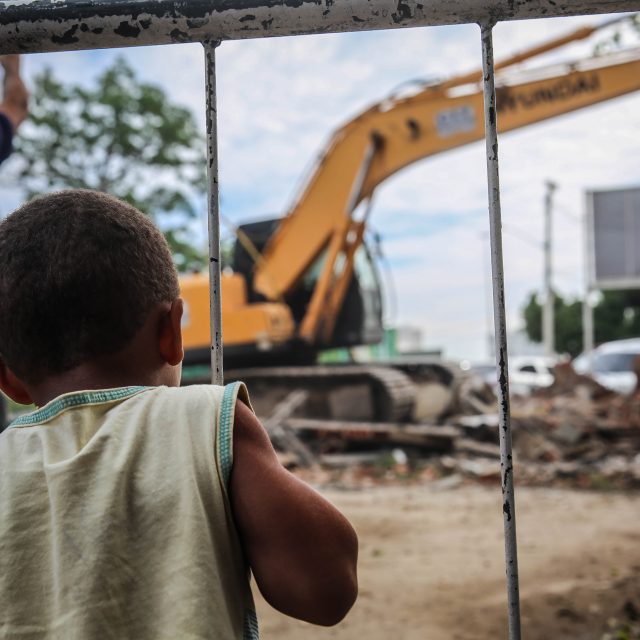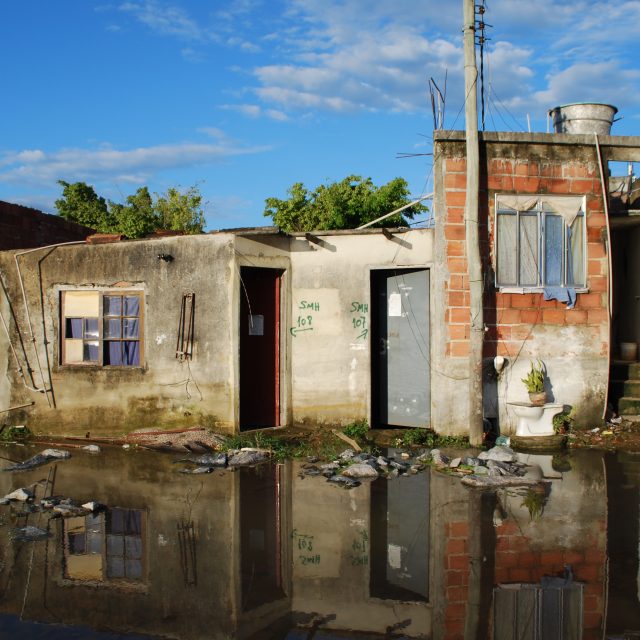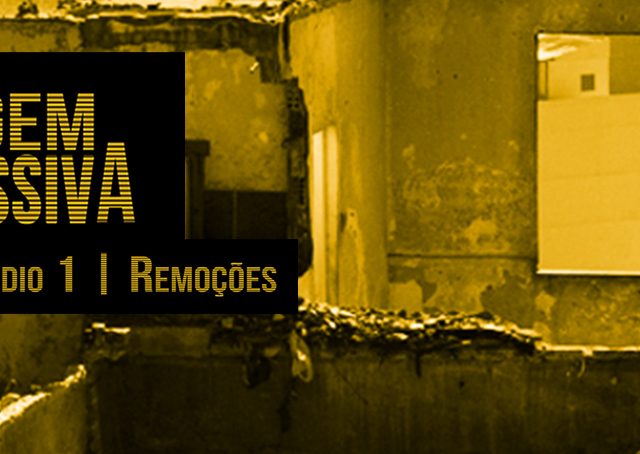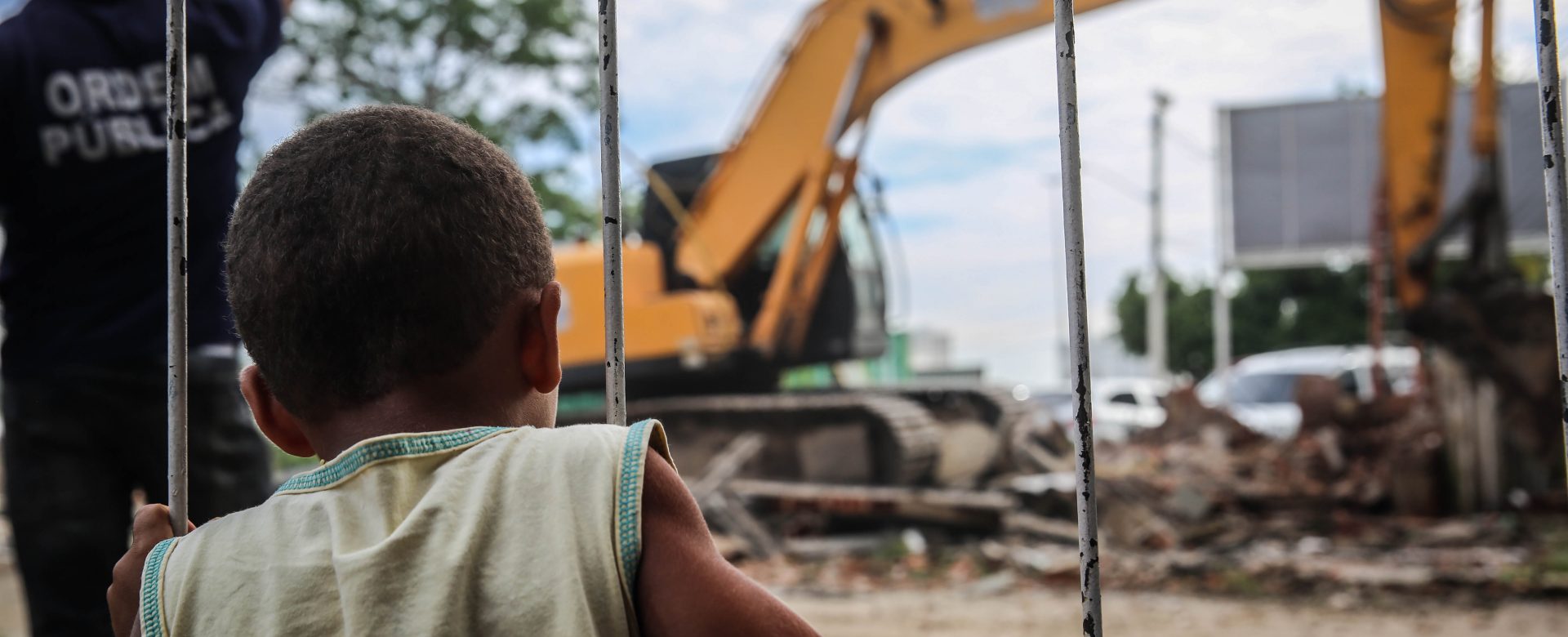
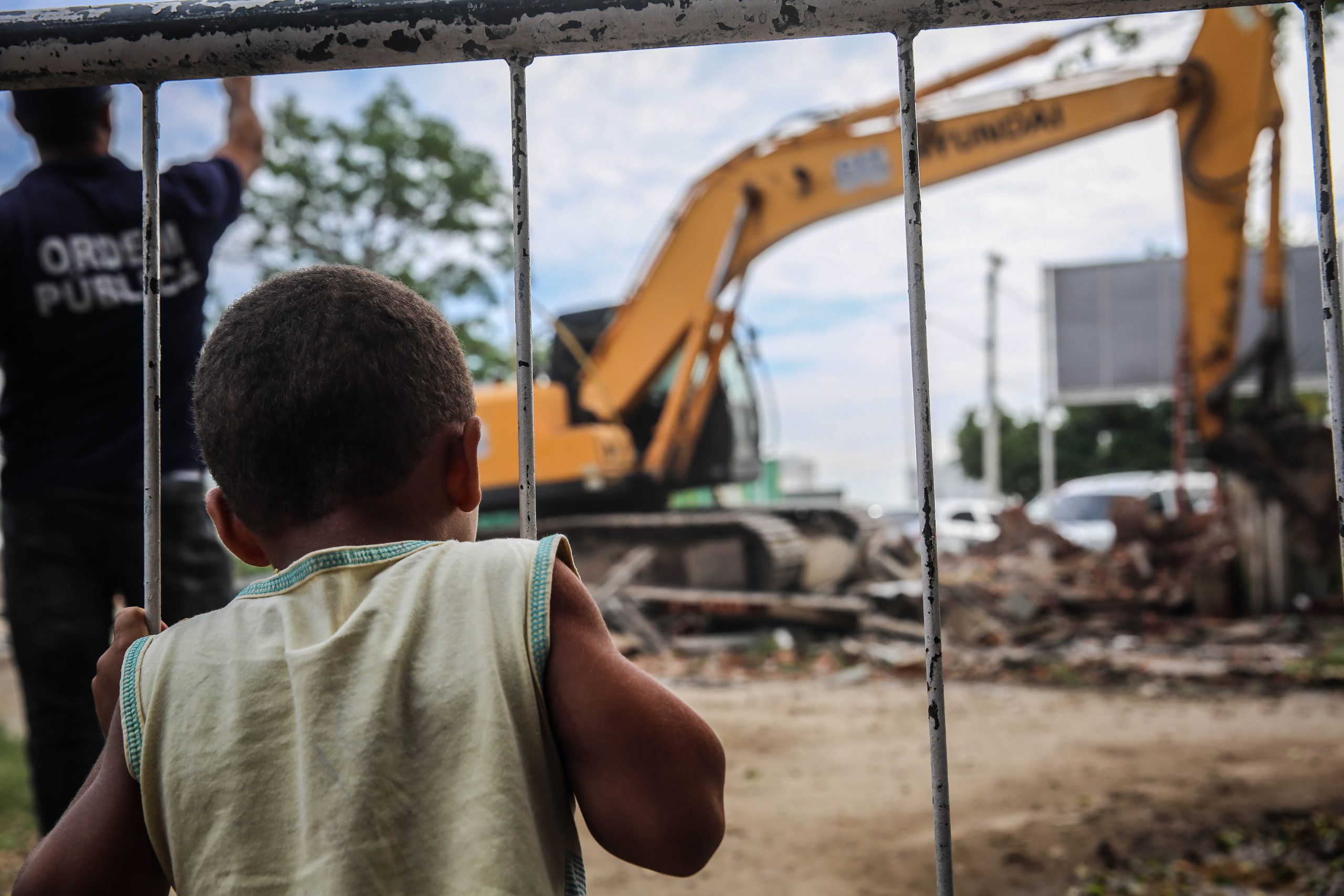
As organizações Justiça Global, Conectas, Artigo 19 e ISHR fizeram, nesta terça-feira, um pronunciamento junto ao Conselho de Direitos Humanos da ONU, denunciando as violações de direitos humanos cometidas durante as preparações para os mega-eventos no país, e para as Olimpíadas do Rio de Janeiro.
A denúncia ocorreu no Painel sobre Olimpíadas, durante a 32a sessão do Conselho, em Genebra. As organizações ressaltaram o grande número remoções levadas a cabo no contexto de preparação da cidade para os Jogos – cerca de 77 mil pessoas foram obrigadas a sair de suas casas, segundo os dados do Comitê Popular Rio Copa e Olimpíadas.
As organizações também lembraram o grave processo de militarização em curso na cidade. Conforme anunciado pela Secretaria de Segurança Pública, o exército deverá ocupar seis favelas nas próximas semanas, reeditando um histórico de uso das forças armadas que já provou ser de consequências absolutamente desastrosas para os moradores.
Foi também pontuado a falta de transparência dos gastos públicos relacionados às Olimpíadas, sobretudo com obras de mobilidade urbana. Neste contexto, a grave situação financeira do Estado do Rio de Janeiro também está implicada, utilizada como justificativa para que o governador decretasse, em meados de junho, estado de calamidade pública. O decreto foi o mecanismo que viabilizou o repasse de verbas federais no valor de R$ 2,9 bilhões de reais. A despeito do crítico estado na prestação de serviços públicos e do corte de salários de servidores e terceirizados, o dinheiro será revertido para os gastos relacionados aos Jogos Olímpicos.
Para as organizações, o legado transformou-se em um “pesado fardo” para a cidade e as pessoas que nela vivem.
Confira o pronunciamento na íntegra:
Mr President,
The ISHR, together with the support of Justiça Global, Conectas and Article 19 Brazil, condemns the serious violations that have occurred in Brazil during the preparation of mega-events. Since the preparations for the World Cup in 2014, such violations persist.
According to the World Cup and Olympics Popular Committee, since 2009 – when Rio was chosen to host the Olympic Games – more than 77 thousand people have been forcibly evicted from their homes. Entire poor communities have been destroyed because they were located in areas of high value real estate.
We also see an intense militarization of the poorest areas, justified under the argument of more security for the Olympics. The army will occupy six favelas during the Games. A Justiça Global investigation showed that persons detained by soldiers are processed according to the military justice system, without having access to a civil trial. This reflects true martial law for the poorest and most vulnerable of the population.
A study by Article 19 Brazil on urban mobility projects showed a negative picture, including alack of transparency in the areas of construction, expenditure and public policies related to the Olympics. This situation has directly affected the finances of the state of Rio de Janeiro. It is so serious that this month Rio state has decreed a state of financial emergency, with payments to civil servants being delayed. The federal government transferred 2.9 billion reais to the state government. This is money that could be used to pay and maintain basic services, but instead will be used only on the Olympics.
The Games have also led to restrictions on civil liberties, while many others will take place after the event.. This can be seen in various violations including the recently passed Anti-Terrorism Act.
Unfortunately, the promised legacy of the Olympic Games has in fact become a heavy burden. We will have new stadiums but at the cost of public bankruptcy and systematic violations of basic rights, such as housing, health and education. The Olympic Games have thus become the Exclusion Games.

